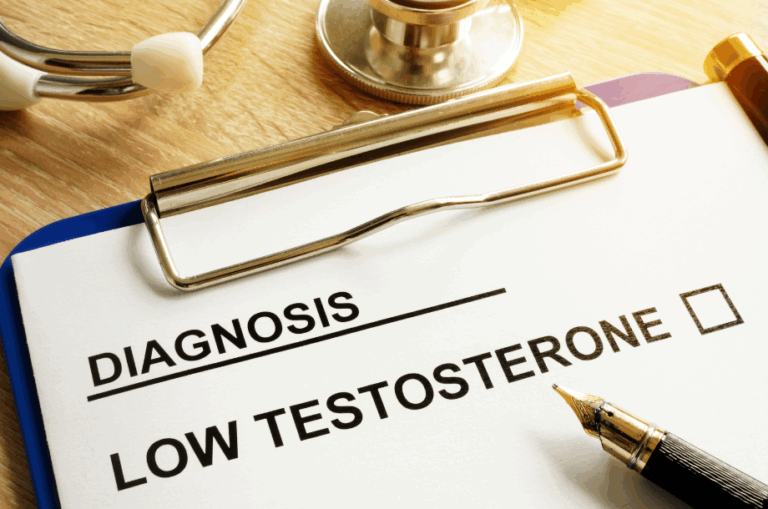The same meal results in vastly different blood glucose levels across individuals. For one week a recent study monitored blood glucose levels and measured glucose responses to 46, 898 meals across 800 participants. After finding extreme variations in blood glucose levels in the participants after consuming identical meals, researchers successfully created an algorithm – taking into account blood parameters, dietary habits, anthropometrics, physical activity, and gut microbiota analysis – that accurately predicted personalized post-meal glycemic response to specific meals. The success of the algorithm was tested in 100 participants. Researchers then conducted a dietary intervention based on the algorithm, which resulted in significantly lower post-meal blood glucose levels and consistent positive changes in the gut microbiome. Based on their algorithm’s success, the scientists who conducted the study concluded that personalized diets might be a viable way to treat high blood glucose and the detrimental effects it has on metabolism. Cell
→Takeaway: This study adds to the compelling evidence that the glycemic index has little bearing on real life, post-meal blood glucose response, and that responses are instead based on the individual. Yet, does eating for good health have to be as complicated as a computer algorithm? At Gutbliss, we say no. A February 2018 study showed that a whole food, vegan diet drastically and rapidly improves type II diabetes markers in overweight adults over a 16-week period. A 2017 study reviewed the evidence of a plant-based diet as a viable treatment for type II diabetes and found that “cohort studies strongly support the role of plant-based diets… in reducing the risk of type 2 diabetes. Evidence from observational and interventional studies demonstrates the benefits of plant-based diets in treating type 2 diabetes and reducing key diabetes-related macrovascular and microvascular complications.” Before undergoing extensive medical analysis and complicated algorithms to come up with what to eat, we recommend trying a whole food, plant-based diet first.








